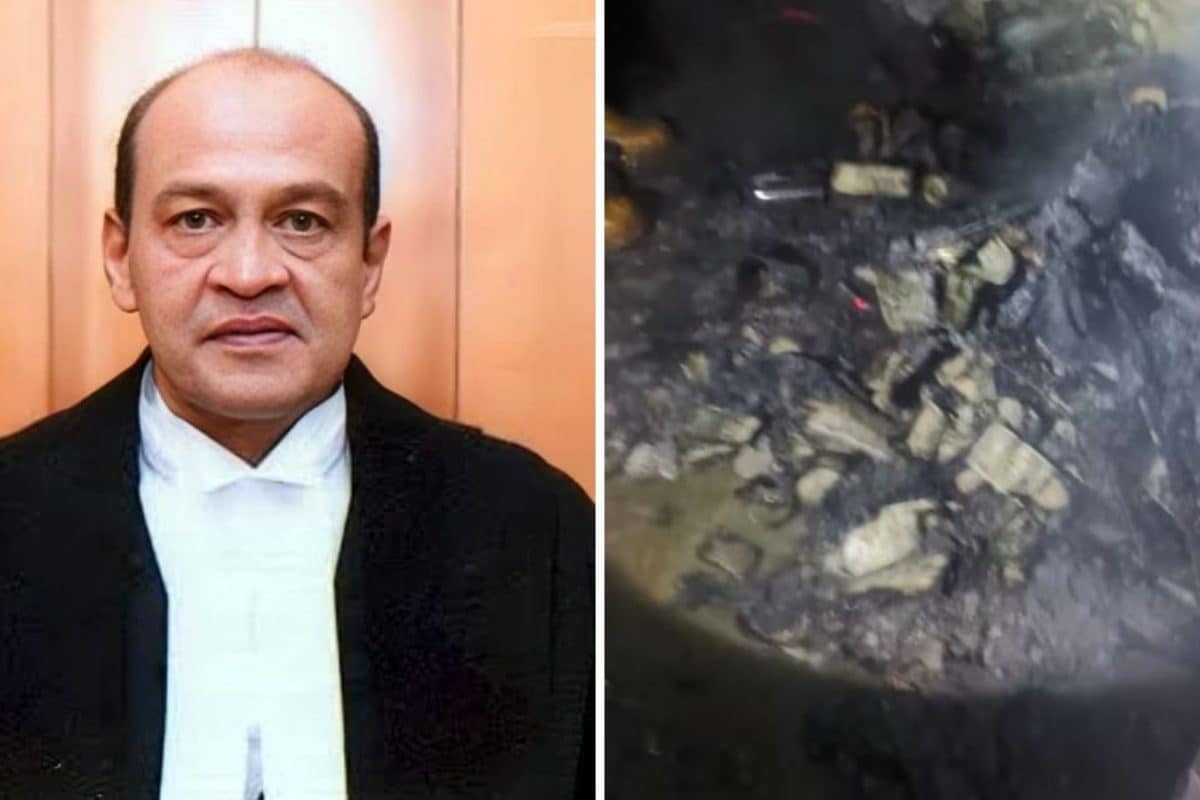

The Supreme Court is grappling with a complex situation involving Justice Yashwant Varma, with the central question being whether the judiciary can overstep its boundaries and interfere with the legislative process of removing a judge. This issue has gained prominence following an in-house inquiry into allegations against Justice Varma, specifically the discovery of half-burnt currency at his residence after a fire.
The core principle at stake is the separation of powers. The power to remove a judge lies with the Parliament through impeachment, a process outlined in the Constitution and the Judges (Inquiry) Act of 1968. The Supreme Court's role is to conduct inquiries into allegations of misconduct, but it cannot substitute the role of the legislature in the impeachment process.
Several legal experts and Congress MP Vivek Tankha have argued that the Supreme Court's in-house report cannot be the sole basis for impeachment proceedings. They emphasize that due process under the Judges (Inquiry) Act is essential. This act mandates a three-member inquiry committee comprising a Supreme Court member, a High Court Chief Justice, and a distinguished jurist. Bypassing this process would be legally unsound and could set a dangerous precedent.
The government, however, appears to be considering using the SC's inquiry to expedite Justice Varma's removal. Some argue that a separate inquiry under the Judge's Inquiry Act is unnecessary, given the credible inquiry already conducted. They cite the Parliament's independent power to impeach, irrespective of the Judge's Inquiry Act.
This approach raises concerns about transparency and fairness. Critics argue that Members of Parliament cannot make an informed decision on impeachment without access to the in-house report. Initiating removal proceedings without providing MPs with the evidence would undermine the integrity of the process.
Justice Varma faces the possibility of impeachment during the monsoon session. If an impeachment motion is brought before Parliament, he will have the opportunity to defend himself. He could also choose to resign, which would allow him to retain his pension and other benefits, unlike impeachment.
The case has wider implications for the judiciary's accountability and public trust. A successful impeachment would be unprecedented for a High Court judge in India, signaling a new era of accountability. However, it could also damage the judiciary's image. Conversely, failure to impeach could embolden critics and raise concerns about the system protecting its own.
The Supreme Court has taken some actions in response to the allegations. It has asked the Chief Justice of the Allahabad High Court not to assign Justice Varma any judicial work while the inquiry is ongoing. The Chief Justice of India had also written to the President and Prime Minister recommending Justice Varma's removal.
The unfolding events highlight the delicate balance between judicial independence and accountability. While the judiciary must be free from undue influence, it is also essential that judges are held to the highest standards of conduct. The Justice Varma case raises complex legal and ethical questions that will shape the future of judicial accountability in India.